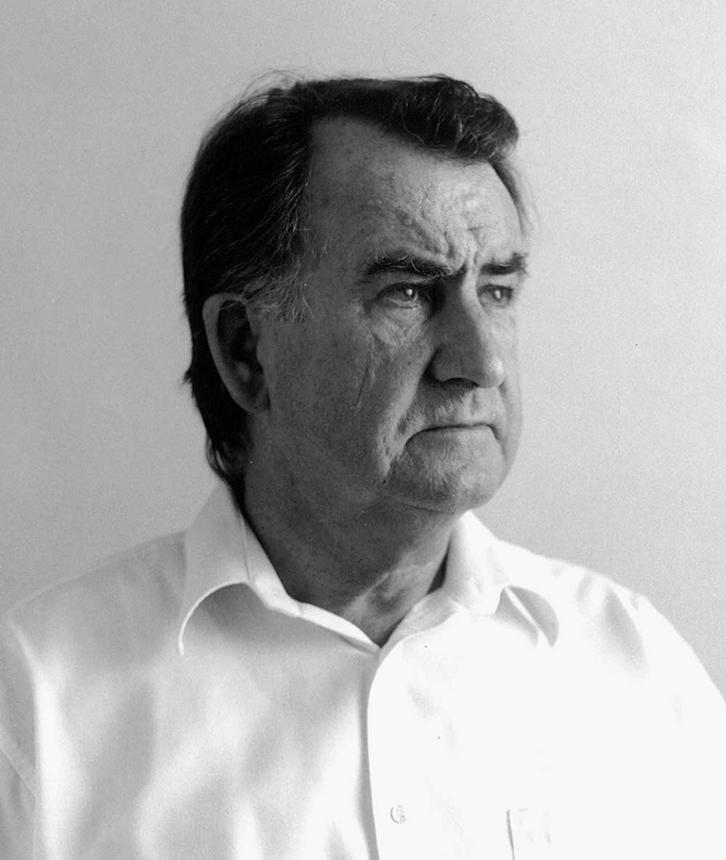The Plains: Text Classics
Text Classics
Gerald Murnane
Introduction by Wayne Macauley
Twenty years ago, when I first arrived on the plains, I kept my eyes open. I looked for anything in the landscape that seemed to hint at some elaborate meaning behind appearances.
There is no book in Australian literature like The Plains. In the two decades since its first publication, this haunting novel has earned its status as a classic. A nameless young man arrives on the plains and begins to document the strange and rich culture of the plains families. As his story unfolds, the novel becomes, in the words of Murray Bail, ‘a mirage of landscape, memory, love and literature itself’.
Reviews online
Why The Plains is Wayne Macauley’s favourite novel, Weekend Australian
The case for The Plains as the great Austalian novel, The Conversation
Robyn Cresswell's staff pick for the Paris Review
Bomb Magazine
2SER: Australian Classics Book Club with Wayne Macauley)
Literary Hub
andThe Plains
‘Murnane, a genius, is a worthy heir to Beckett.’
‘The Plains has that peculiar singularity that can make literature great.’
‘Widely regarded as Australia’s greatest living writer, Murnane has long cultivated an air of myth and geographical limit…One could fill a room with a conversation about him.’
‘Known for its sharp yet defamiliarizing take on the landscape and an aesthetic of purity historically associated with it, The Plains is uniformly described as a masterpiece of Australian literature. Look closer, though, and it’s a haunting nineteenth-century novel of colonial violence captured inside the machine’s test-pattern image—a distant, unassuming house on the plains.’
‘The Plains is a bizarre masterpiece that can feel less like something you’ve read than something you’ve dreamed.’
‘The Plains is a bright and inviting novel, full of humour yet without resort to slapstick. As it beckons you along its secrets keep receding.’
‘I’ve heard Murnane called an outsider artist, but I don’t think that’s quite right. Plenty of writers emerge as if out of nowhere (after steeping themselves in canonical authors), then proceed to become more and more their eccentric selves. It might be said, however, that Murnane qualifies as an outsider literary theorist.’
‘A strange, sui generis masterpiece.’









